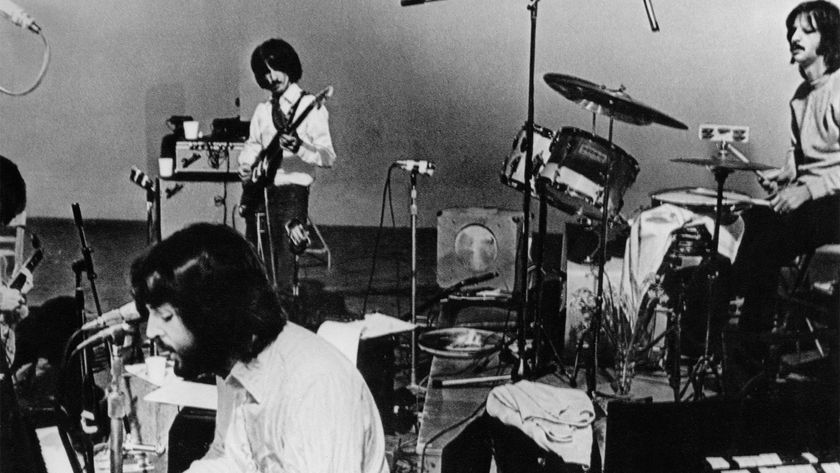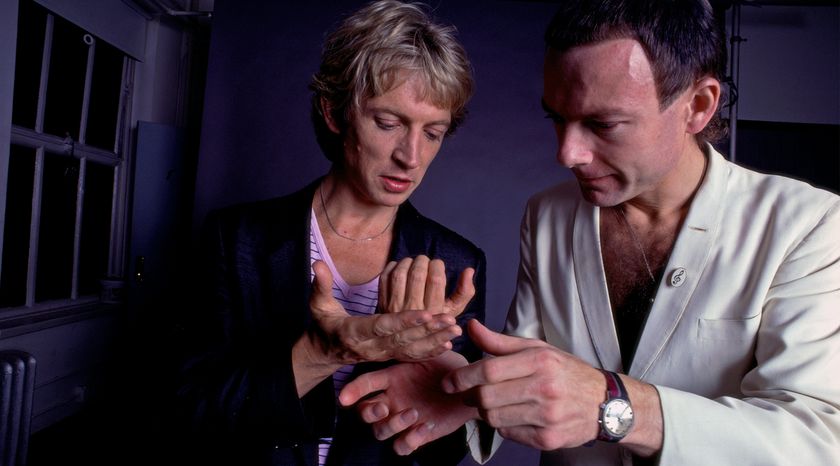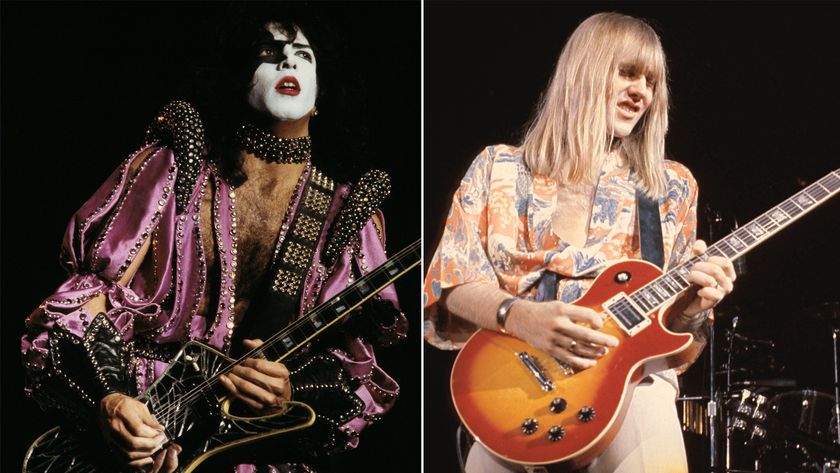The Little-Known Mick Ronson/David Cassidy Connection
In 1976, the teen idol – left behind by his former core audience and fighting to stay musically relevant – connected with one of the decade's great guitar heroes.
Teen heartthrob David Cassidy – who passed away at 67 from liver and kidney failure on November 21, 2017 – recorded a fair share of music beyond his "I Think I Love You" hit for TV's The Partridge Family in 1970.
In fact, as the idolatry from the teeny-bopper audience was waning in 1976, Cassidy attempted to launch a more "serious" rocker side with the release of Gettin' It In the Street. Sadly, the album had a bit of a tortured history.
Produced by Cassidy himself with America's Gerry Beckley as co-producer – and including songs by Brian Wilson and Harry Nilsson – the record certainly isn't bad.
It fit the kind of clean, struttin' grooves that a lot of "radio bands" of the era were going after, perfect for appearances on Don Kirshner's Rock Concert or The Midnight Special. But the album failed to chart stateside, and RCA only did significant distribution in Germany and Japan.
The title track, however, features former Bowie guitarist Mick Ronson burning all over the tune. An odd pairing on the surface. Journalist Jim Farber, in a February 1977 article, called it "potentially the most destructive merger since Linda and Paul McCartney."
A bit harsh, perhaps, but the collaboration failed to give the single enough juice to become a "must have" record in the fall of '76 – or at any other time, for that matter. Still, "Gettin' It In the Street" is an intriguing peek at a teen idol being left behind by his former core audience and fighting to stay musically relevant, and maybe even respected. One wonders what Mick got out of the deal.
Get The Pick Newsletter
All the latest guitar news, interviews, lessons, reviews, deals and more, direct to your inbox!













